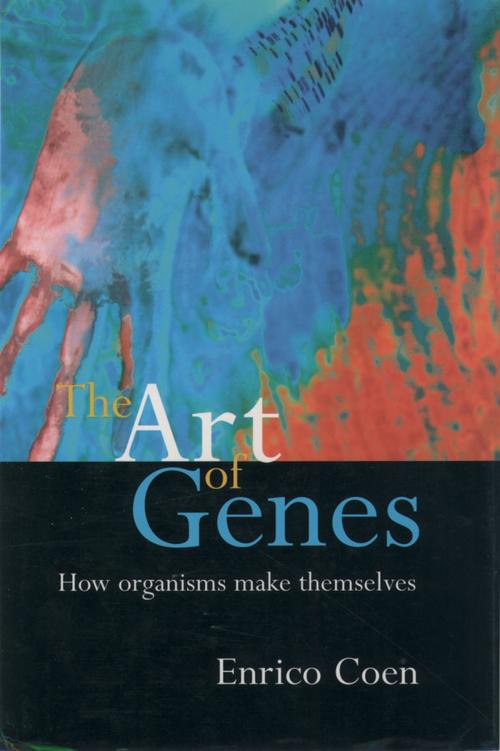The Art of Genes
How Organisms Make Themselves
Nonfiction, Science & Nature, Science, Biological Sciences, Genetics, Evolution| Author: | Enrico Coen | ISBN: | 9780191500565 |
| Publisher: | OUP Oxford | Publication: | March 4, 1999 |
| Imprint: | OUP Oxford | Language: | English |
| Author: | Enrico Coen |
| ISBN: | 9780191500565 |
| Publisher: | OUP Oxford |
| Publication: | March 4, 1999 |
| Imprint: | OUP Oxford |
| Language: | English |
'Coen's book is spiced with historic quotations and examples of plants' and animals' intriguing behaviour contains a wealth of interesting material Coen communicates his immense learning with a hundred appealing tales' Max Perutz How is a tiny fertilised egg able to turn itself into a human being? How can an acorn transform itself into an oak tree? Over the past twenty years there has been a revolution in biology. For the first time we have begun to understand how organisms make themselves. The Art of Genes gives an account of these new and exciting findings, and of their broader significance for how we view ourselves. Through a highly original synthesis of science and art, Enrico Coen vividly describes this revolution in our understanding of how plants and animals develop. Drawing on a wide range of examples–from flowers growing petals instead of sex organs, and flies that develop an extra pair of wings, to works of art by Leonardo and Magritte–he explains in lively, accessible prose the language and meaning of genes. 'I would have loved this book at 16, and so should anyone–aged 16 to 60–who really wants to understand development.' John Maynard Smith, Nature
'Coen's book is spiced with historic quotations and examples of plants' and animals' intriguing behaviour contains a wealth of interesting material Coen communicates his immense learning with a hundred appealing tales' Max Perutz How is a tiny fertilised egg able to turn itself into a human being? How can an acorn transform itself into an oak tree? Over the past twenty years there has been a revolution in biology. For the first time we have begun to understand how organisms make themselves. The Art of Genes gives an account of these new and exciting findings, and of their broader significance for how we view ourselves. Through a highly original synthesis of science and art, Enrico Coen vividly describes this revolution in our understanding of how plants and animals develop. Drawing on a wide range of examples–from flowers growing petals instead of sex organs, and flies that develop an extra pair of wings, to works of art by Leonardo and Magritte–he explains in lively, accessible prose the language and meaning of genes. 'I would have loved this book at 16, and so should anyone–aged 16 to 60–who really wants to understand development.' John Maynard Smith, Nature















